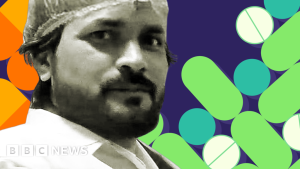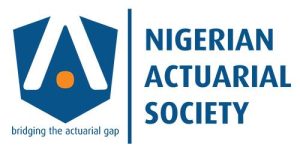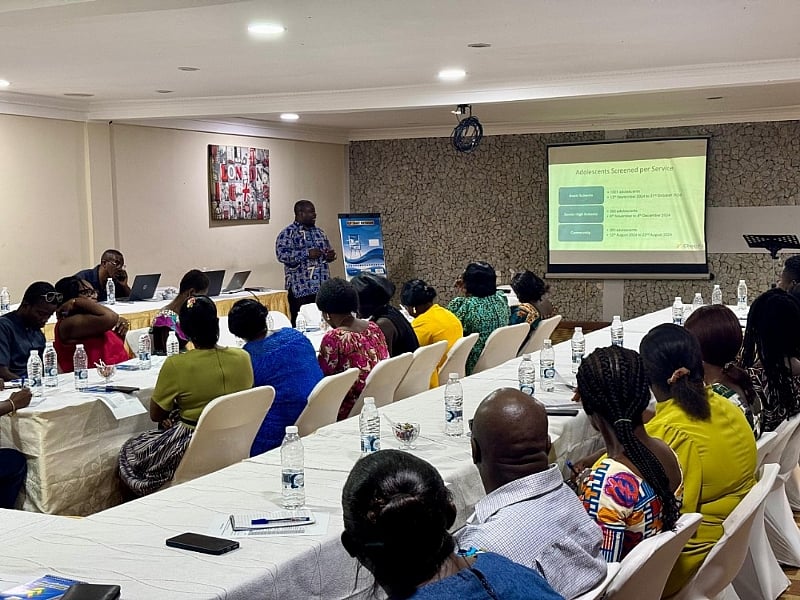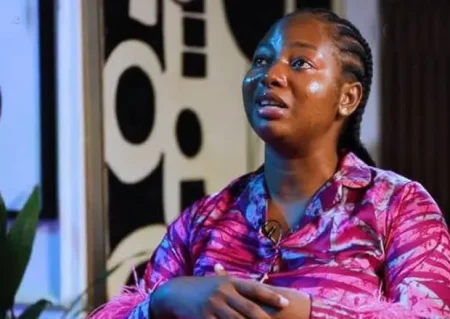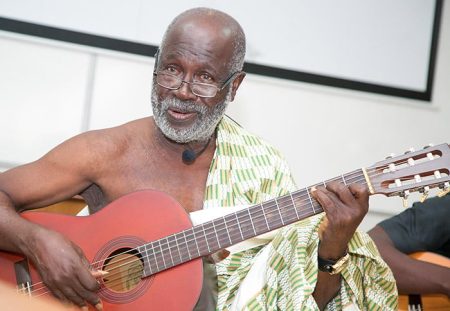The Y-Check adolescent health check-up program, implemented in Cape Coast, Ghana, has made significant strides in screening young people for crucial health conditions. Dr. Franklin Glozah, Deputy Country Lead of Y-Check Ghana and Senior Lecturer at the University of Ghana’s School of Public Health, expressed his satisfaction with the program’s reach, reporting that over 2,000 adolescents from various communities, senior high schools, and basic schools within the metropolis have participated in the initial screening phase. This comprehensive initiative represents a proactive step towards addressing the often-overlooked health needs of adolescents, aiming to detect and manage health issues early on. The success of the initial phase underscores the importance of such programs in providing accessible healthcare services to young people, particularly in resource-constrained settings.
The program is currently transitioning into a crucial four-month follow-up phase, designed to monitor the health progress of the screened adolescents. This follow-up component involves reassessing their health conditions following initial screenings, treatments, and referrals, ensuring continuous monitoring and support for those identified with health concerns. Early results from this phase have been positive, indicating the effectiveness of the initial interventions and the potential for long-term positive health outcomes. The follow-up phase is essential for assessing the long-term impact of the program and for providing ongoing care and support to the adolescents, ensuring that identified health issues are adequately addressed and managed.
While the program has achieved considerable success, challenges remain, particularly in ensuring full participation in the follow-up screenings. Dr. Glozah highlighted difficulties in reaching all 300 adolescents from specific communities, with current daily screening numbers significantly lower than the anticipated target. This lower-than-expected turnout poses a potential obstacle to the program’s overall effectiveness, as consistent follow-up is crucial for accurate assessment and ongoing care. Addressing this challenge requires concerted efforts to engage with parents, guardians, and participants, emphasizing the importance of attending follow-up sessions for their continued well-being.
The Y-Check initiative, operating under the leadership of Dr. Glozah and a dedicated team of investigators and staff, including Prof. Evans Agbeno, Dr. Eric Koka, Dr. Kenneth Adde, Miss Abigail Abban, Mr. Meshack Kweku Davies, and Miss Christabel Ampofo, demonstrates a collaborative approach towards improving adolescent health outcomes. Their collective expertise and commitment are instrumental in driving the program forward and ensuring its success. The program’s progress has been reviewed and discussed at an implementation progress meeting held in Cape Coast, providing a platform for stakeholders to share insights, address challenges, and strategize for continued improvement.
The community involvement and support of parents, teachers, and community members are critical to the program’s success, particularly in encouraging adolescent participation in both initial and follow-up screenings. By fostering a collaborative environment and raising awareness about the importance of adolescent health, the program aims to achieve broader community engagement and ensure long-term sustainability. The success of the Y-Check program hinges on the active participation of the adolescents themselves, their families, and the broader community, creating a network of support that reinforces positive health behaviors and outcomes.
Looking ahead, Dr. Glozah remains optimistic about the program’s future impact, expressing confidence that with continued support and community engagement, the Y-Check program will achieve its intended goals. This optimism is grounded in the program’s initial successes and the commitment of the team to overcome challenges and ensure the long-term well-being of the adolescents. The Y-Check program represents a significant investment in the health and future of young people in Cape Coast, offering a model for proactive healthcare interventions that address the specific needs of this vulnerable population.


